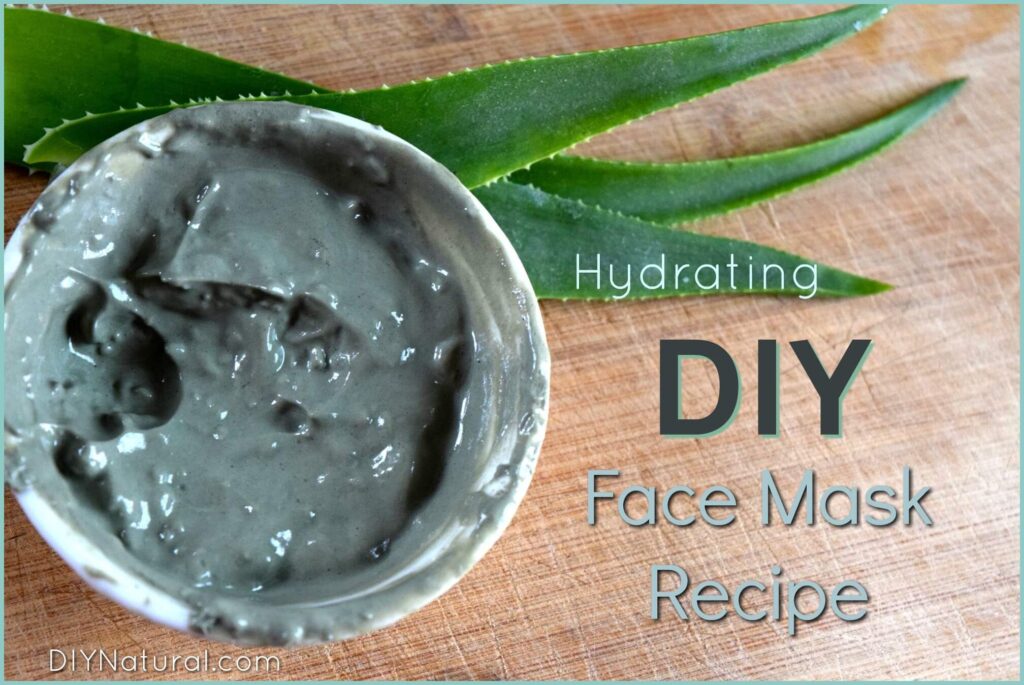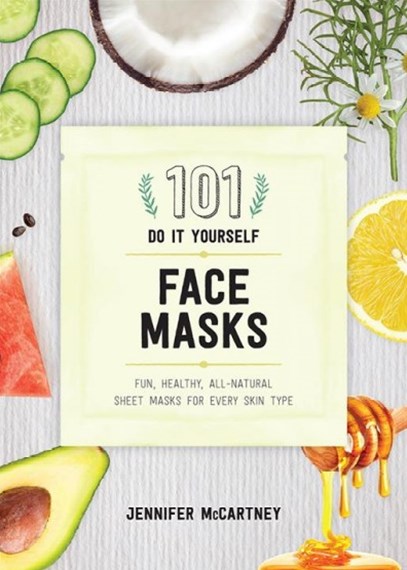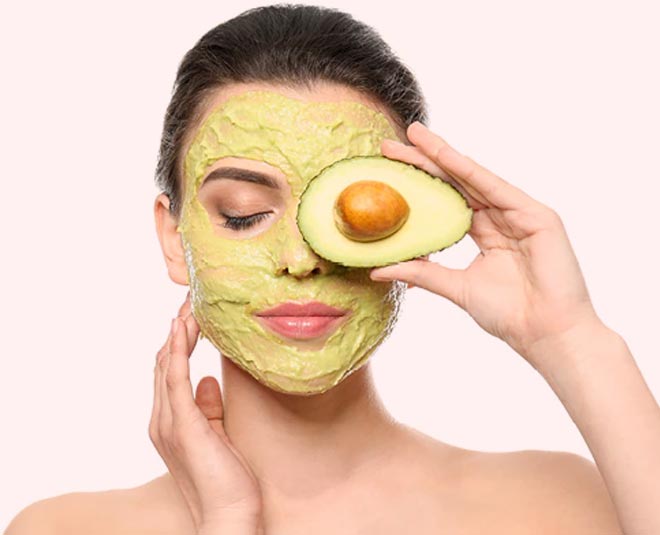The Ultimate Guide to Hydrating Masks: Unlocking Glowin Skin
Hydrating masks are skincare products designed to provide intense moisture to the skin, helping to alleviate dryness and restore hydration. These masks often contain ingredients that attract and retain water, promoting a plump and dewy complexion.
In the quest for luminous, hydrated skin, the hydrating mask reigns supreme as a skincare essential. These luxurious treatments offer a potent dose of moisture, replenishing dry, dull skin and restoring its natural glow. In this comprehensive guide, we’ll delve into the benefits, ingredients, and application techniques of hydrating masks, empowering you to achieve a complexion that radiates health and vitality.
Understanding Hydrating Masks: Hydrating masks are skincare products formulated to infuse the skin with moisture, addressing dehydration, dryness, and dullness. These masks are typically enriched with hydrating ingredients such as hyaluronic acid, glycerin, and natural oils, delivering intense hydration and nourishment to the skin. Whether in the form of sheet masks, gel masks, or cream masks, these treatments offer a pampering experience that leaves the skin soft, supple, and revitalized.

- Deep Hydration: Hydrating masks penetrate deep into the skin, delivering moisture to the underlying layers and plumping up the skin’s surface.
- Revitalization: These masks revive tired, dull skin, imparting a refreshed and radiant complexion.
- Nourishment: Enriched with vitamins, antioxidants, and botanical extracts, hydrating masks nourish the skin, promoting overall health and vitality.
- Soothing and Calming: Hydrating masks often contain soothing ingredients like aloe vera and chamomile, providing relief to dry, irritated skin and reducing redness and inflammation.
- Preparation for Makeup: Using a hydrating mask before applying makeup helps create a smooth, hydrated canvas, ensuring a flawless and long-lasting makeup application.
Ingredients to Look For:
- Hyaluronic Acid: A powerhouse hydrator, hyaluronic acid attracts and retains moisture, plumping up the skin and reducing the appearance of fine lines and wrinkles.
- Glycerin: This humectant draws moisture from the air into the skin, hydrating and softening the skin’s surface.
- Natural Oils: Oils like jojoba, argan, and rosehip oil are rich in fatty acids and antioxidants, nourishing the skin and locking in moisture.
- Aloe Vera: Known for its soothing and hydrating properties, aloe vera calms irritated skin and replenishes lost moisture.
- Vitamins and Antioxidants: Ingredients like vitamin E, vitamin C, and green tea extract provide antioxidant protection, combatting free radical damage and promoting skin health.
Application Techniques:
- Cleanse: Start with a clean, dry face to maximize the effectiveness of the hydrating mask.
- Apply: Spread a generous layer of the hydrating mask evenly over your face, avoiding the delicate eye area.
- Relax: Kick back and relax for 10-15 minutes while the mask works its magic, allowing the hydrating ingredients to penetrate and nourish the skin.
- Remove: Gently rinse off the mask with lukewarm water or remove with a soft, damp cloth.
- Follow-Up: Follow up with your favorite moisturizer to seal in the hydration and lock in moisture.
Incorporating Hydrating Masks into Your Skincare Routine:
- Weekly Treat: Incorporate a hydrating mask into your skincare routine 1-2 times a week for optimal results.
- Pre-Event Prep: Use a hydrating mask before special events or occasions to ensure your skin looks radiant and dewy.
- Post-Sun Care: Hydrating masks provide relief and replenishment after sun exposure, soothing and hydrating sun-damaged skin.
- Travel Essential: Pack a hydrating mask for travel to combat the drying effects of airplane air and changes in climate.
How hydrating masks provide skin protection
Here are some common ingredients found in hydrating masks:
- Hyaluronic Acid: This is a powerful humectant that attracts and retains water, helping to keep the skin hydrated and plump.
- Glycerin: Glycerin is another humectant that helps to draw moisture into the skin, keeping it soft and supple.
- Aloe Vera: Known for its soothing properties, aloe vera can also provide hydration and help calm irritated skin.
- Ceramides: These are lipids that help to strengthen the skin barrier, preventing moisture loss and promoting hydration.
- Squalane: A lightweight oil that mimics the skin’s natural sebum, squalane helps to lock in moisture without feeling heavy or greasy.
- Jojoba Oil: Similar to the skin’s natural oils, jojoba oil can help balance moisture levels and provide hydration.
- Glycolic Acid: While more commonly associated with exfoliation, in lower concentrations, glycolic acid can also attract moisture to the skin.
- Vitamins (such as Vitamin E): Vitamins can contribute to overall skin health and hydration.

Hydrating masks come in various forms, including sheet masks, gel masks, cream masks, and overnight masks. They are typically applied to clean skin and left on for a specified amount of time, allowing the skin to absorb the hydrating ingredients. Some hydrating masks can be used as a quick pick-me-up, while others are formulated for more intensive hydration. It’s important to note that hydrating masks are beneficial for all skin types, not just dry skin. Even individuals with oily or combination skin can benefit from additional hydration, especially during periods of dry weather or when the skin feels dehydrated. As with any skincare product, it’s advisable to patch test new masks and incorporate them into your routine as needed based on your skin’s specific needs.
Hydrating masks are a skincare staple that offer a multitude of benefits, from deep hydration and revitalization to soothing and nourishment. With their luxurious textures and potent ingredients, these masks provide a pampering experience that leaves the skin soft, supple, and glowing with health. Incorporate a hydrating mask into your skincare routine to unlock radiant, dewy skin that reflects your inner vitality and beauty.
